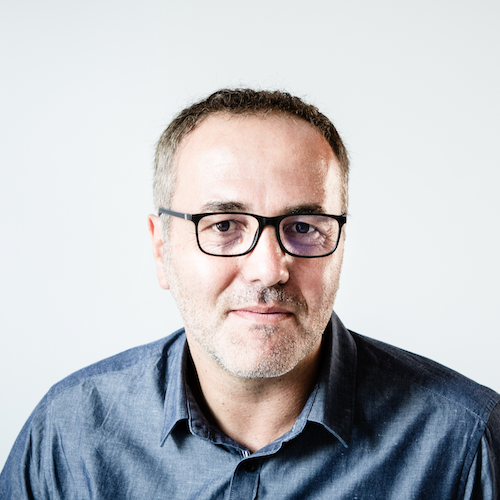Keynotes
Deep Image Features for Instance-level Recognition and Matching
André Araujo (Google, USA)
André Araujo is a senior software engineer at Google Research. He obtained a PhD in electrical engineering from Stanford University, in 2016. His current research focuses on computer vision, mainly on techniques in the area of instance-level recognition such as local and global images features. He has recently served as a primary organizer of CVPR'18/19 workshops on landmark recognition and for the ECCV'20 workshop in instance-level recognition.
Towards the semantic-aware 3D digitisation of architectural heritage: the "Notre-Dame de Paris" digital twin project
Livio de Luca (CNRS, France)

Architect, PhD in Engineering (Arts et Métiers ParisTech), HDR in Computer Science, Livio De Luca is a research director at CNRS (The French National Centre for Scientific Research) and director of CNRS-MAP unit. General Co-chair of the UNESCO/IEEE/EG DigitalHeritage international congress (Marseille 2013, Grenade 2015) and coordinator and member of national and international actions, his research activities focus on surveying, geometric modeling and semantic enrichment of digital representations of heritage objects. Associate editor of the Journal of Cultural Heritage and the Journal on Computing and Cultural Heritage, since 2016 he is an appointed member of the CoNRS. His work was rewarded in 2007 by the Pierre Bézier Prize (Arts et Métiers Foundation), in 2016 by the Medal for Research and Technology (french Academy of Architecture) and in 2019 by the CNRS Medal of Innovation. He is today coordinator of the “digital data” working group of the CNRS/Ministry of Culture scientific site for the restoration of Notre-Dame de Paris.
